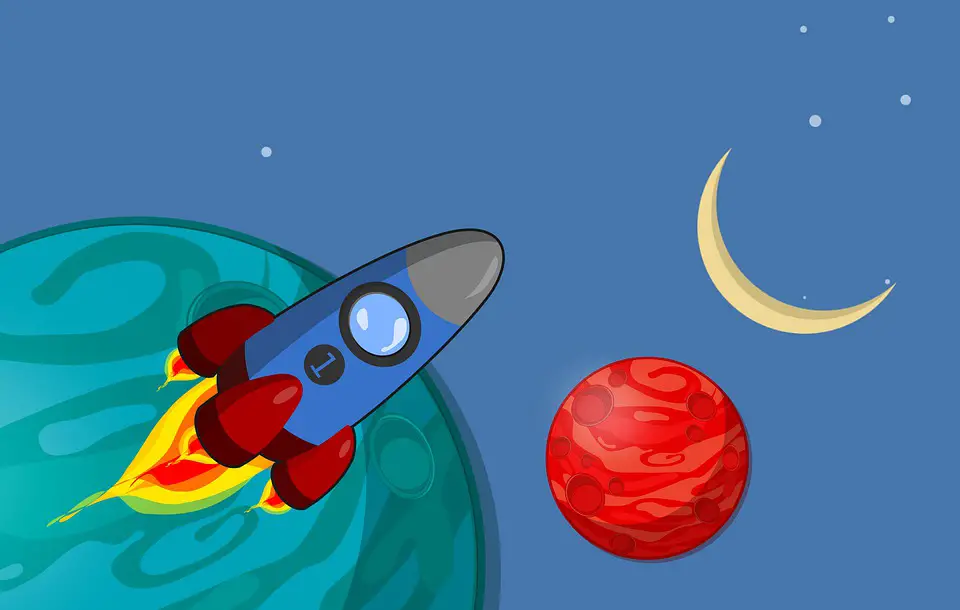About 70 years ago, scientists discovered that the universe was expanding and galaxies were moving away from each other, meaning the universe was once smaller than it is now. Several decades later, in the 1990s, astronomers discovered that this expansion was accelerating due to a form of energy known as dark energy. The discovery of dark energy and how it works has challenged several long-held assumptions about the universe. This recent space exploration has completely changed our understanding of how the universe works, and also our understanding of how we got here in the first place.
A popular rebuttal is: “Aren’t there more important problems to solve here on Earth?” After taking all of these factors into account, it appears that space flight may be prohibitively expensive when space travel costs are brought up. This oversimplification misses humanity’s essence, the drive that has propelled us to the top of the food chain. Space exploration is essential if we wish to stay that way. Here are five compelling reasons to pursue space exploration:
Space research has a direct impact on problems on Earth.
People who commit themselves to the challenges of space exploration make discoveries that can benefit the planet in other ways. Studying how we might produce food in space or on Mars provides insights into how we might grow food in extreme conditions on Earth, resulting in information that can help minimize climate change’s effects. The International Space Station’s medical research may save lives and improve quality of life.
The universe continues to surprise us with its twists and turns, especially when viewed from afar. Through extensive space exploration, we’ve learned that Earth isn’t alone—it’s surrounded by a wealth of planets, stars, black holes, galaxies, and other celestial bodies. And because we’re a scientific society (or at least claim to be), our mission is to understand these discoveries for what they are: revelations about our place in a much larger universe.
Knowledge and scientific advancement
Breakthroughs in science are a significant benefit of space exploration. Data from space probes, telescopes, rovers, and other instruments are constantly challenging our assumptions. In recent decades, we’ve discovered that the number of planets, stars, and galaxies in the cosmos is far more significant than we previously thought. Researchers have discovered that gravitational waves, which Einstein predicted more than a century ago, are natural, providing us with a fresh perspective on the universe. Scientists have discovered ice on Mars and the Moon, as well as liquid water on our solar system’s moons!
Asteroids don’t care about us
When it comes to saving lives, space exploration has the potential to save all of them. Although the solar system has cooled somewhat since the early ages, there is still an unknown number of large asteroids and comets out there waiting to slam into the Earth and ruin your day. A comprehensive space programme is the only method to deflect such an asteroid. If we don’t work toward that goal, humanity is doomed.
Inspiring tomorrow’s scientists and engineers
Our children’s curiosity and imagination are sparked by space exploration. Astronauts serve as role models for pupils, encouraging them to dream big and fulfill their dreams. Many astronauts, engineers, scientists, and innovators recall being inspired by the Moon landing children.
At the table, there’s plenty of space.
There’s no doubting that humanity faces numerous critical concerns that must be addressed. But, to address those issues, we must continue to gaze up, explore, and make discoveries.
We can achieve more than one vital activity at a time, thanks to human civilization’s incredible capacity. Someone can advocate for a specific subject if they believe it deserves more attention and investment. Because we spend money on space science and exploration, the problems we have don’t remain. There’s also no reason to pit our goals against each other.
![]()
